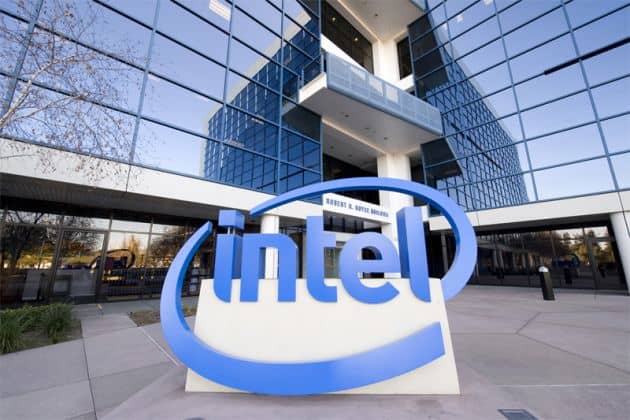Samsung has lost its title as the biggest chipmaker in the world. The shrinking DRAM market is hacking into Korean sales, and the American chip manufacturer seems to be benefiting from this now.
For two years, Samsung was the largest semiconductor manufacturer in the world. In 2017, the Koreans took over the torch from Intel, which had been the undisputed leader since 1993. Samsung reached the top thanks to the solid growth of the DRAM market. With a huge increase in both the price and the demand for memory, Samsung’s turnover also skyrocketed. Although the company also bakes other chips such as mobile SoCs in its factories, the semiconductor business focuses on memory production.
Collapsed question
That market has been collapsing since the beginning of this year. Both demand and price are plummeting, and that is eating into Samsung’s turnover. As recently as March, the company announced that it was anticipating a fall in profits of no less than 60 percent across the board. Purely based on the turnover of chip production, IC Insights sees a 34 percent drop in turnover in Q1 of this year compared to the same quarter last year.
In Intel’s factories, the cpus continues to roll off the belt, and demand there is still greater than supply. The shrinking DRAM market does not affect the Americans. As a result, sales remain stable compared to last year’s first quarter, which is more than enough for Intel to once again be the largest. With the 10 nm production finally on volume and the opening of a new factory in sight, it looks like Intel will not give the crown away again immediately.
Top 5
The third largest manufacturer remains TSMC, which has seen a 16 percent drop in sales. SK Hynix and Micron complete the top 5. That summit is unlikely to change much in the near future. Samsung is totally dependent on DRAM prices in its battle for the top. They are likely to stabilise in the second half of this year. Analysts even predict a new increase, but that does not mean that the peak period of 2017 and 2018 will be matched immediately. Samsung is aware of this and therefore wants to diversify its semiconductor branch. These ambitions are accompanied by an investment of no less than one hundred billion dollars.
This news article was automatically translated from Dutch to give Techzine.eu a head start. All news articles after September 1, 2019 are written in native English and NOT translated. All our background stories are written in native English as well. For more information read our launch article.